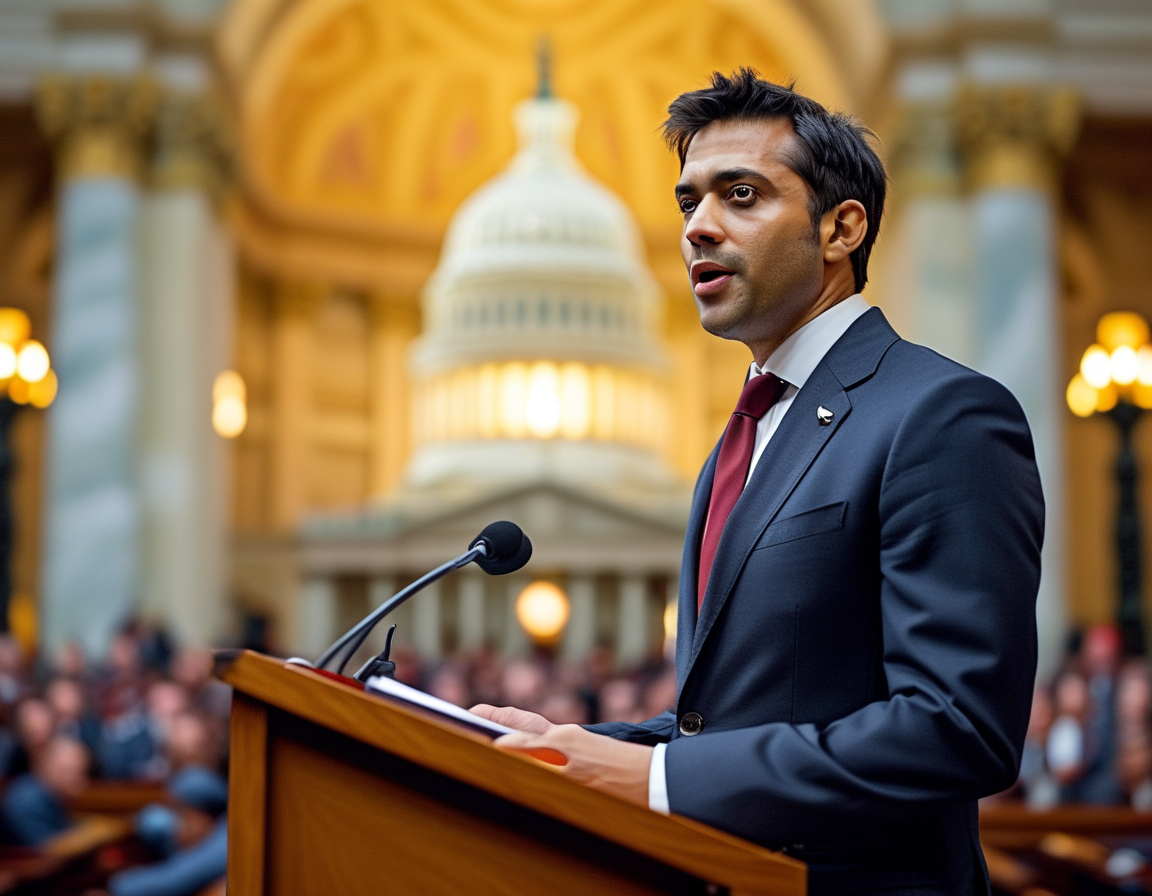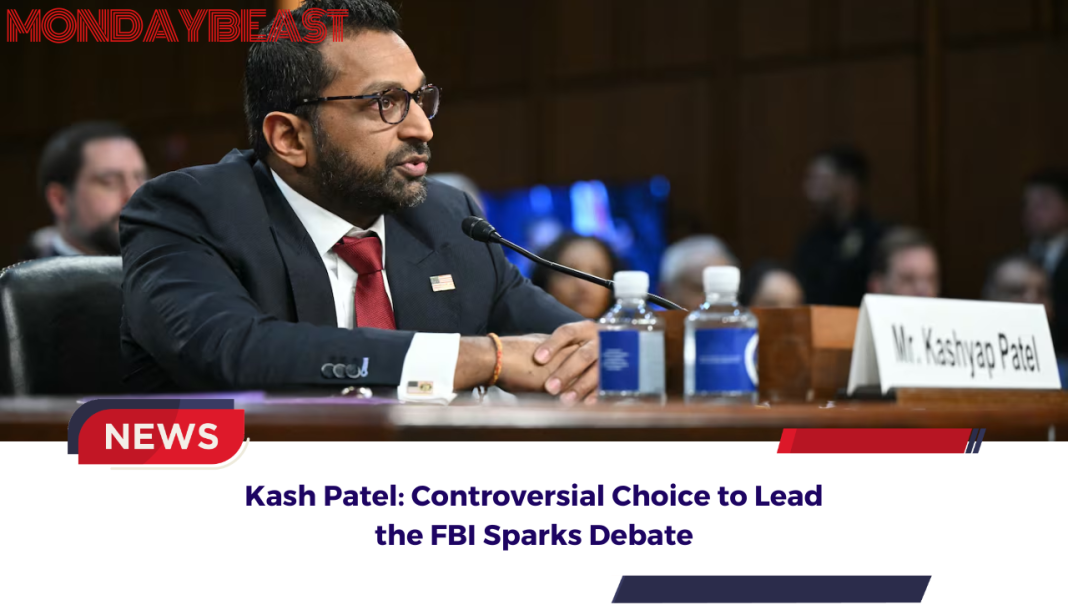An Ally for Trump?
What does the nomination of Kash Patel mean for the future of the FBI? The U.S. Senate recently pushed forward Patel’s nomination, causing ripples across the political landscape. With a narrow 48-45 vote, mostly along party lines, Patel is poised to take over the nation’s top law enforcement agency. Many see this as a crucial moment, one that could redefine the FBI’s role in America.
At first glance, Patel is an interesting choice. A former intelligence and Defense Department official during Trump’s administration, he is known for his vocal support of the former president. Some critics argue that his views on national security and immigration reflect Trump’s priorities too closely. This prompts a broader question: Can a leader so aligned with a former president unite a divided agency?
What’s at Stake?

Kash Patel has promised significant changes at the FBI. He has called for an overhaul of the agency’s focus, advocating for increased action on illegal immigration and violent crimes. These are key areas for Trump’s base, indicating potential shifts toward a more aggressive enforcement approach. But should the FBI align itself with political agendas? The implications of such a shift raise concerns about justice and impartiality.
Patel’s critics highlight his controversial past. They argue that he has fueled false narratives surrounding the 2020 election and the Capitol riots. This raises an unsettling question: How can someone with such a history lead an agency entrusted with upholding the law? For Democrats, Patel’s nomination feels like a challenge to the very integrity of the FBI itself.
Division in the Senate
The Senate vote not only reflects Patel’s polarizing character but also represents the broader partisan divide. Republicans largely back Patel, seeing him as a reformer capable of revising a bureaucratic institution. Democrats, on the other hand, fear that his leadership could further politicize a department already under scrutiny. What does this mean for the agency’s future? Will it be able to regain public trust?

The Senate’s vote plays into a larger narrative about trust in government. As the FBI has faced backlash from both sides of the aisle, questions remain on how Patel’s leadership could influence ongoing investigations, especially as they relate to Trump himself.
Navigating Controversy
While Patel has garnered support, he faces formidable criticism. His embrace of contentious claims about voter fraud underscores his controversial stance and raises ethical concerns. It prompts a serious consideration of how Patel might lead. Will he navigate the complex legal landscape with fairness? Or will his leadership be marked by further division?
This moment feels almost surreal. A former Trump aide is on the brink of directing one of the country’s most critical law enforcement agencies. As the final confirmation draws near, many citizens wonder about the ramifications. Is this peaceful transition possible without compromising integrity? These questions highlight the uncertainty of American politics today.




